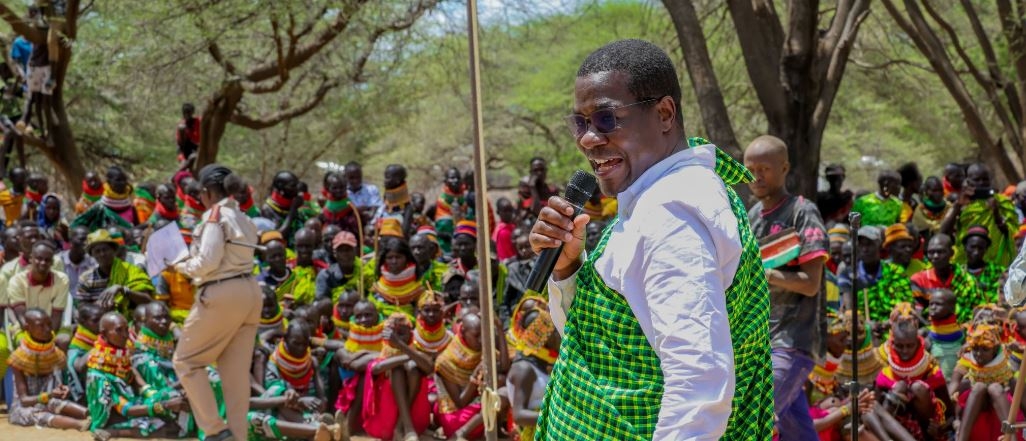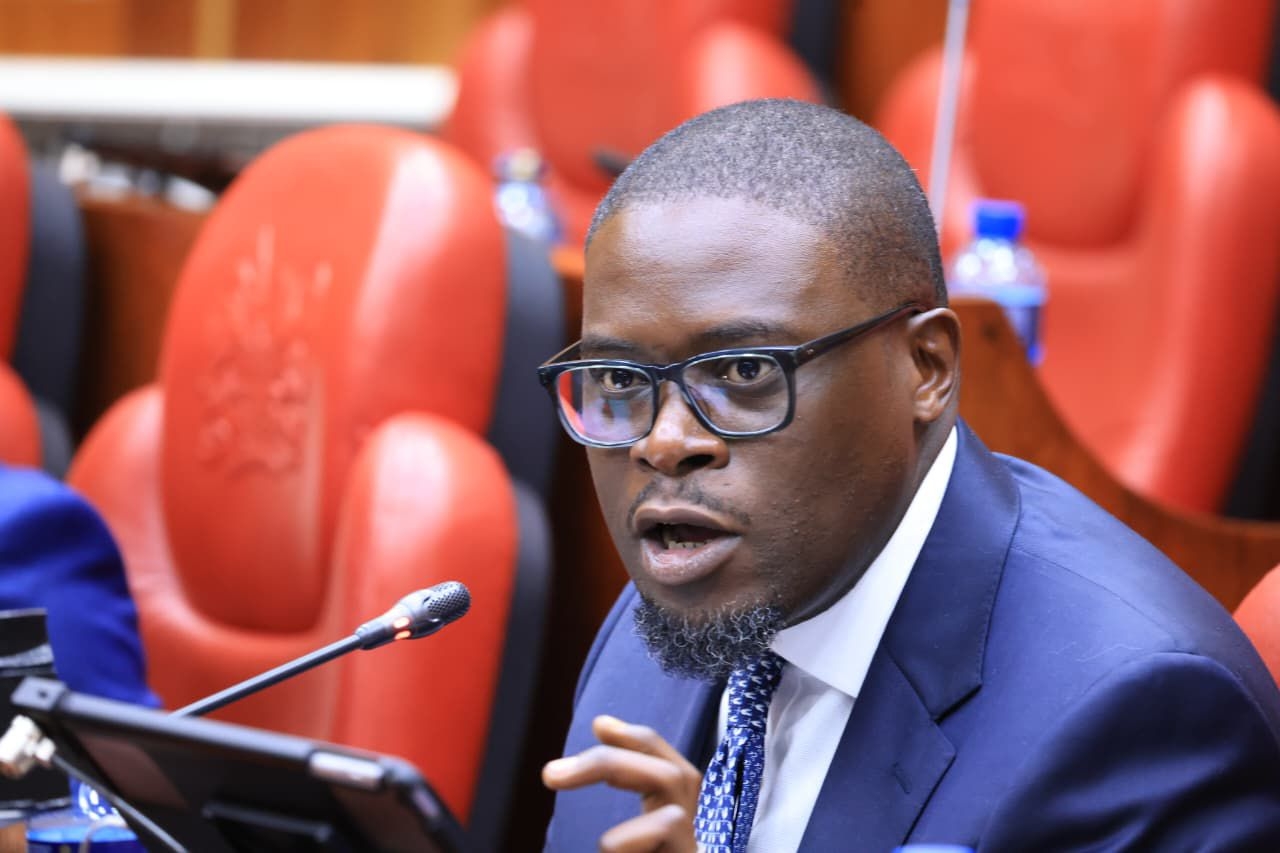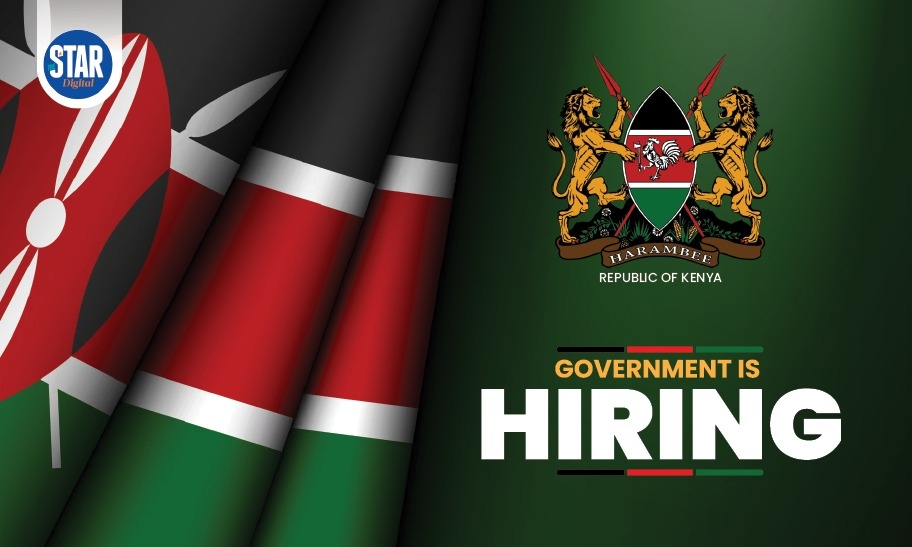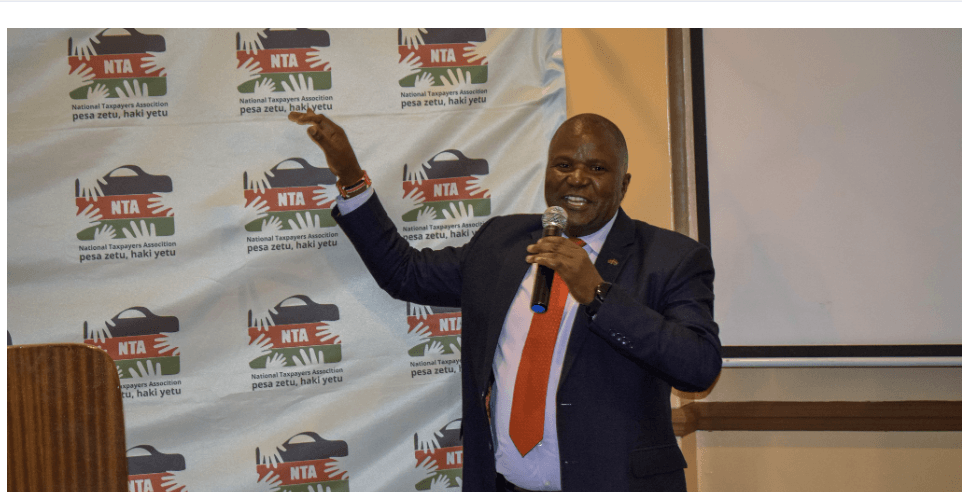A woman with a hoe in hand in rural Kenya is a default symbol of agriculture; this is according to the late Calestous Juma, Kenyan scholar, and former Harvard Kennedy School professor.
He portrayed drudgery-filled farming that women on the continent face.
In Africa, women who are smallholder farmers grow 70 per cent of food.
With the continent’s population expected to double by 2050, it means enormous effort is required to feed the people.
Experts suggest that it is time the continent ditches the hoe in favour of modern technology, which will complete the same tasks far more efficiently.
Speaking at a recent high-level lecture, Dr Pascal Kaumbutho, Managing Director, Agrimech Africa Limited pointed out ways in which youthful entrepreneurs can entre Kenya’s agricultural mechanization sector and make great business of it.
According to Kaumbutho, a country where there are only two tractors for every 2,500 acres (equivalent to eight tractors for the entire Del Monte 10,000-acre farm in Thika), and some 70 per cent idle productive agricultural land, “food security will soon depend on expensive food imports.”
“In a continent where by 2030 the agribusiness economy will be worth $ 1 trillion, Kenyan youth need to keep their eyes and innovative prowess around the agriculture sector, “Dr Kaumbutho notes.
At the moment mechanisation levels on farms across Africa are still low, with the number of tractors in Sub-Saharan Africa ranging from 1.3 per square kilometre in Rwanda to 43 per square kilometre in South Africa.
This, compared with 128 per square kilometre in India and 116 per square kilometre in Brazil.
According to the Food and Agriculture Organisation (FAO), a UN specialized agency that champions efforts to defeat hunger, Africa overall has less than two tractors per 1,000 hectares of cropland.
There are 10 tractors per 1,000 hectares in South Asia and Latin America.
Without mechanized agriculture, productivity suffers drastically, lowering farmers’ earnings, the Alliance for a Green Revolution in Africa, an organization funded by the Bill & Melinda Gates and Rockefeller Foundations, notes.
The latter seeks to promote agricultural transformation and improve food security in Africa.
Dr Kaumbutho added: “To bring about the needed change in agriculture, there is need to focus our energy more on developing and creating enabling environment for the rural Kenya to grow as the nature of the new growth in Kenya is one that is inclusive and opens up the rural economy.”
According to experts, it would be unthinkable and counterproductive, to think of developing agriculture in Kenya by continuing to use the orthodox means of farming and low yielding agricultural paraphernalia.
Conservation Agriculture progresses from the much promoted principles of its actualization, (Minimum Soil Disturbance, Crop Rotations and Associations and Permanent Soil Cover).
CSA promotes diversification to and its links to production efficiency and recycling, co-creation and sharing of knowledge around human and social values and culture and food traditions.
“The post-Covid-19 and the recurrent droughts and floods, current locust Infestations and other disasters, responsible governance, towards circular and solidarity economy will be paramount and essential,” Dr Kaumbutho said.
The don also highlighted the undertakings his company is putting in place, anticipating the acceleration - funding support of USADF and BMZ, to establish inclusive farm power pooling and digitized mechanization services.
“Agricultural Mechanization Services Hubs (AMSH) business model take deeper root and spread faster, to make CA and CSA workable. The Hubs will make land-use consolidation possible, empowering smallholders to remain at the centre of production value-chains as youth take-on mechanization, with ease, to remove farming drudgery form the over- burdened lives of smallholder farmers,” he said.
Africa currently spends a whopping $35 billion (Sh3.79 trillion) annually on food imports, according to the African Development Bank (AfDB), which projects that if the current trend continues, food imports could rise to $110 billion (Sh11.93 trillion ) by 2050.
Recently AfDB President Akinwumi Adesina said:“Technologies toachieve Africa’s green revolution exist but are mostly just sitting on theshelves. The challenge is a lack of supportive policies to ensure that they are scaled up to reach millions of farmers.”
Dr Kaumbutho insists that Kenya can feed the rest of horn of Africa and the sub-Saharan region if the government invests heavily on agricultural mechanization.
















